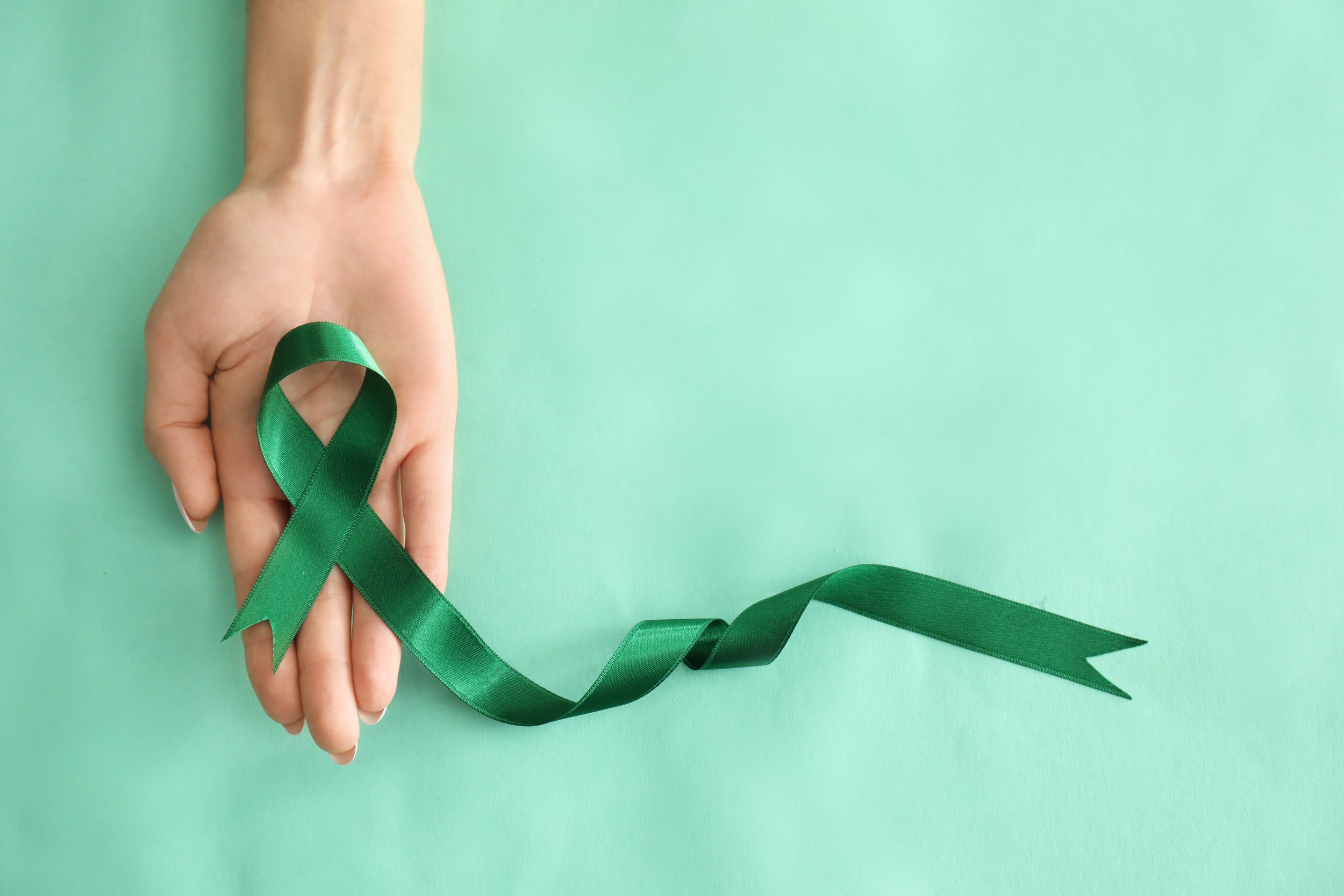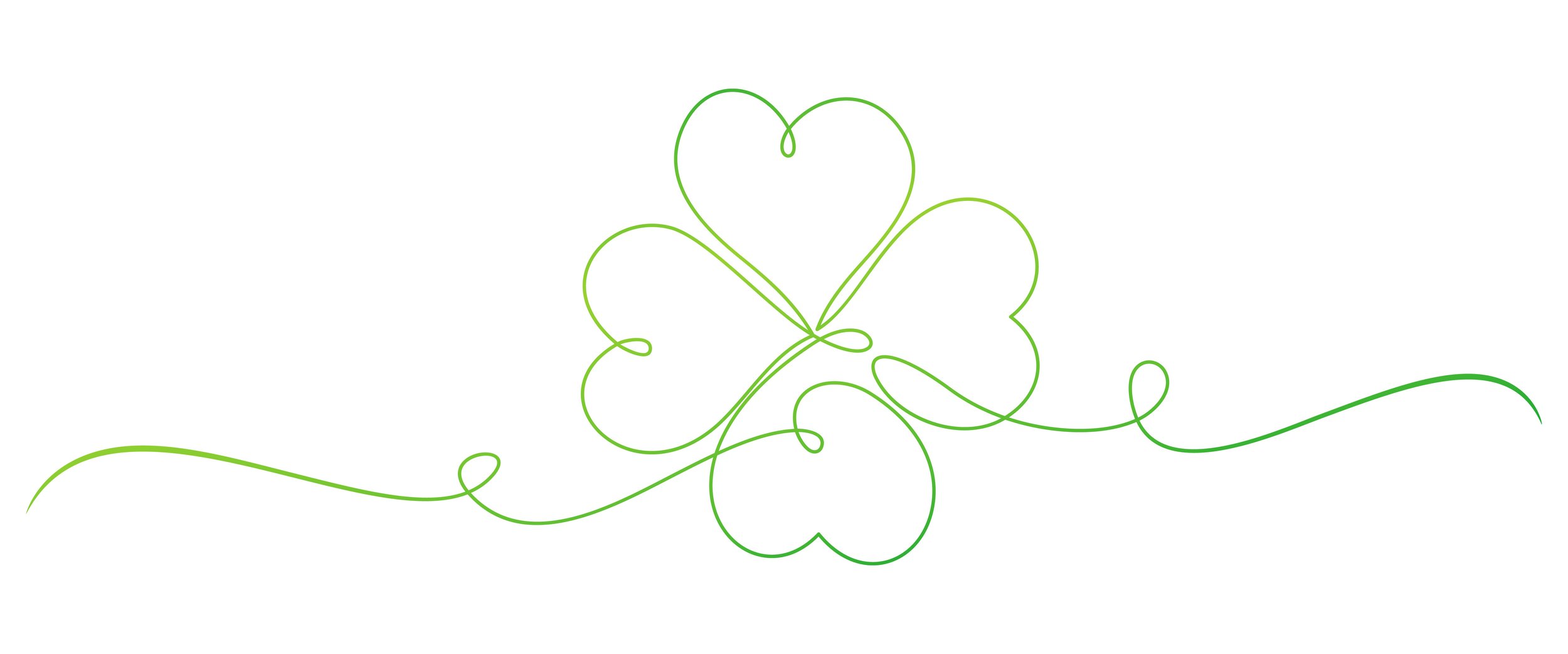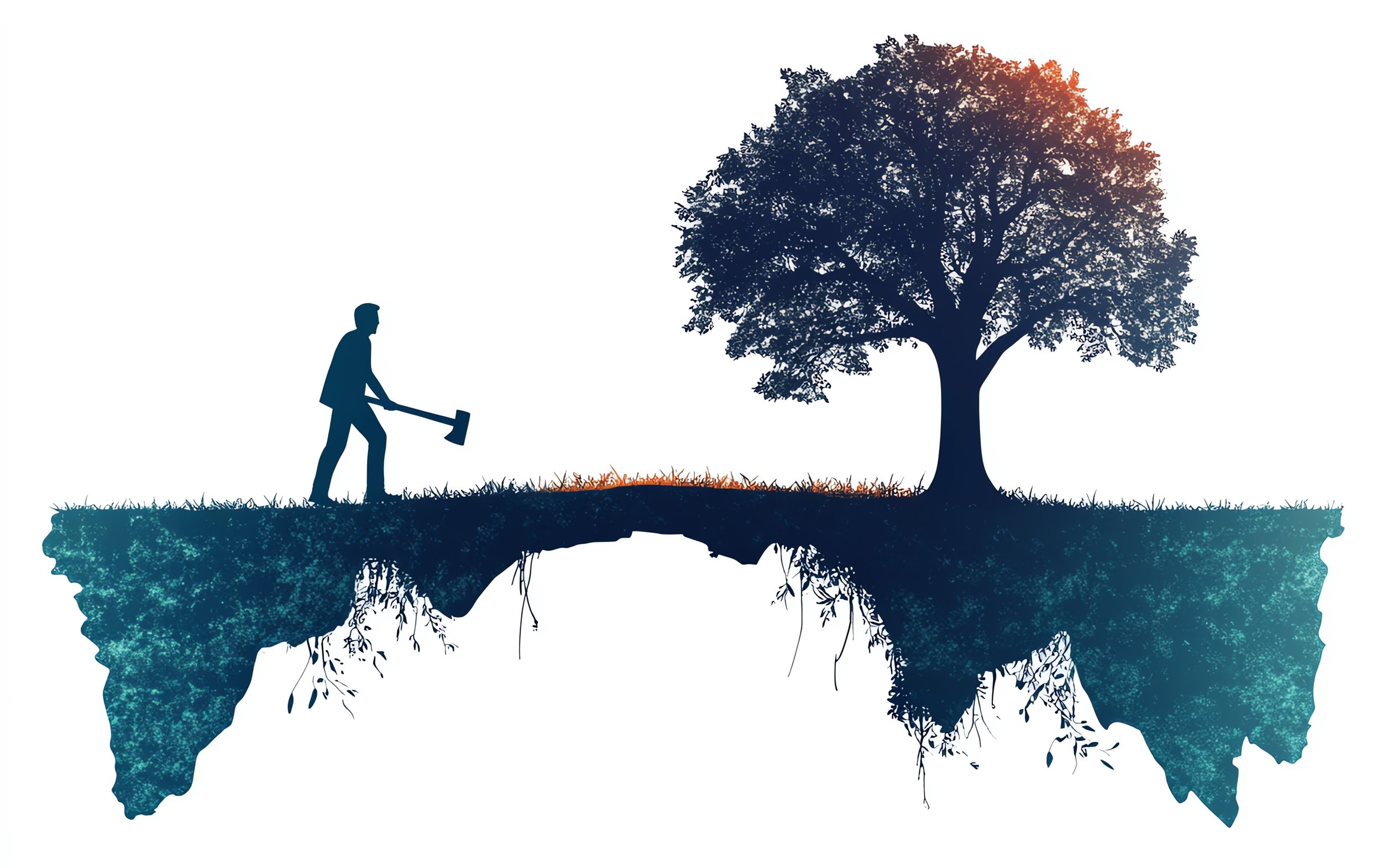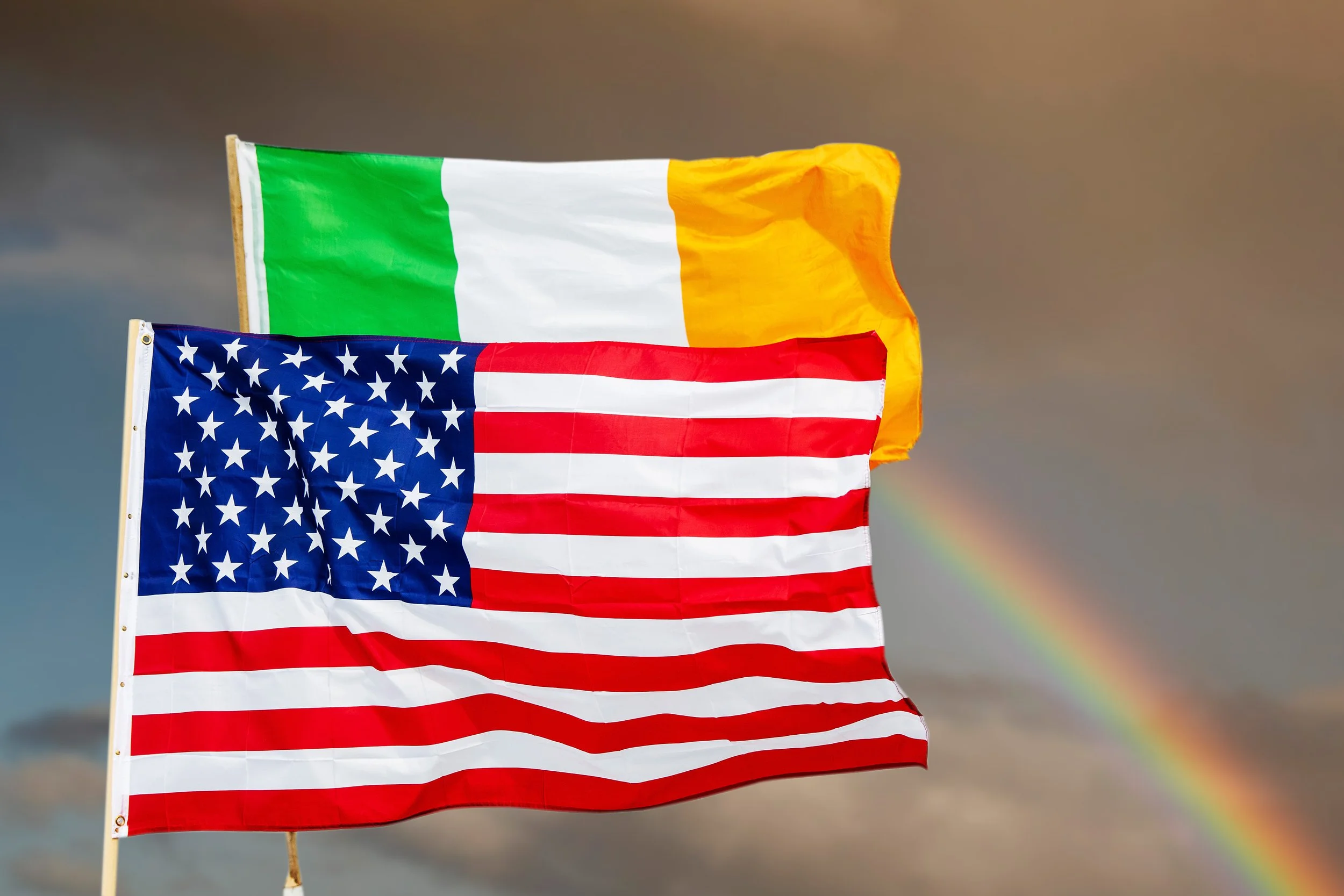John F. Kennedy Jr.’s Irish Story
John F. Kennedy Jr.’s Irish identity, inspired by Ireland itself and filtered through an Irish American lens, is a green ribbon that is weaved throughout JFK Jr.: An Intimate Oral Biography by RoseMarie Terenzio, his former executive assistant and friend, and Liz McNeil, editor-at-large at People magazine. It is there at the very beginning, so silky and shiny and full of promise, at his birth and throughout the memoir until it becomes a solemn funeral sash in his uncle, the late Senator Edward Kennedy’s eulogy, after a plane crash killed him, his wife, Carolyn-Bessette Kennedy, 33, and her sister Lauren Bessette, 34, in 1999. The book, which is a collection of remembrances of the 38-year-old son of the iconic president, from biographers, friends, teachers, co-workers, and others he encountered in his life, does not emphasize this emerald connection, but rather lets it naturally tie itself to the memories of those who knew him, unspooling from their broken hearts.
For example, in the aforementioned eulogy, his uncle recalled “The Irish ambassador recited a poem to John’s father and mother soon after John was born. I can hear it again now, at this different and difficult moment:
“We wish to the new child,
A heart that can be beguiled,
By a flower,
That the wind lifts,
As it passes.
If the storms break for him,
May the trees shake for him,
Their blossoms down.
In the night that he is troubled,
May a friend wake for him,
So that his time may be doubled,
And at the end of all loving and love,
May the Man above,
Give him a crown.”
The poem, titled “For C.K. at his Christening.” was originally written for another boy’s baptism - Colm Kiernan, an Irish-Australian historian and writer. He was the son of the same Irish ambassador, Thomas Kiernan, who read the poem at John’s christening. It was written by the Irish poet Daniel Kelleher. Like John’s memorial service, it was also read aloud at Mr. Kiernan’s funeral, but his grandson Brendan Hawke was the speaker. So the poem was a bookend to both men’s lives. (It is included in The Best Loved Poems of Jacqueline Kennedy Onassis by Caroline Kennedy.)
The intertwining of Ireland and Irish America continues when as a little boy John stands with his parents and his sister, Caroline, sits atop a Connemara pony, Leprechaun, in a photograph. The pony, from the only horse breed native to Ireland, is a gift from the president of Ireland, Eamon de Valera. It is a happy family portrait on the South Lawn of the White House on September 30, 1963.
“John with his parents, his sister, Caroline, and their Connemara pony, Leprechaun - a gift from the president of Ireland - on the South Lawn of the White House, September 30, 1963.” Photo courtesy ofJFK Jr.: An Intimate Oral Biography
Consolation comes from both Irish and American culture, after the president’s assassination. According to Thomas Maier, author of The Kennedy’s: America’s Emerald Kings, Jacqueline Kennedy found a male role model and in some measure a father figure for John in Father Richard McSorley, a Jesuit priest who taught theology and coached tennis at Georgetown University, and counseled Mrs. Kennedy in her sorrow. Two songs, both deeply connected to their countries’ identities, are a source of reassurance in the uncharted waters of grief.
“McSorley took John to the newly opened World’s Fair in Queens in 1964. They also went to the Central Park Zoo. That evening, Jackie asked the priest to say a few prayers with her son, which he did. Then she asked McSorley to sing ‘Danny Boy,’ which ‘John’s daddy used to sing,’ Afterwards Jackie kissed John good night, but John wasn’t ready for sleep - he insisted that his mother sing to him as well. ‘I don’t have a very good voice, John,’ Jackie told him. ‘What do you want me to sing?’ ‘America the Beautiful,’ he said. As she sang for her son, McSorley noticed that Caroline was standing in the doorway. ‘America, America, God shed his grace on thee...’McSorley said he never forgot it. During a subsequent visit, Jackie asked the priest for what he called an especially ‘difficult favor.’ She teared up as she said, ‘Maybe, sometime, you will get the chance to answer the question that comes to John: ‘Why did they kill him?’ (27-28)”
While the Irish influence in his childhood was about finding solace, his self-education as an adult delved into exploring the causes of Irish anger. This was especially true when Irish Americans and Irish citizens had less privilege and were caught in the midst of political conflict. It was about fighting back. The presence of violence or the potential for it, were a defining characteristic of a way of life. Steve Gillon, a teaching assistant in the history department and a friend from John's college days at Brown University and later his biographer, recalled that John was intrigued with his upbringing.
“He was fascinated by my working-class Irish Catholic family in Philly. I would tell him how we grew up in this neighborhood. People were fighting all the time, there’s gangs. And he used to love this story: When I was in eighth grade, I got mugged by a gang of twelve guys, who were five, six years older than me. My brother Franny finds out who each of them were and beats each of them up. I had nothing to offer John, really, but what I had was life experiences that were different from his (397-398).”
Irish rebellion also piqued John’s inquisitiveness as a journalist for his lifestyle magazine about politics, George. He wanted to explore the republican movement in Ireland and the struggle against the British state, with one of its most charismatic, well-known leaders, Gerry Adams. Gary Ginsberg, his Brown University classmate and senior editor and counsel at George said, “John wanted to interview Gerry Adams, the leader of the IRA’s Sinn Féin. The conventional wisdom was he’s a terrorist. I think John was fascinated by him.” Ms. Terenzio also expressed how John was drawn to the controversial Irish leader. “Gerry Adams felt like he was fighting for a cause, freedom for his people. John wanted to explore that for himself.”
Although he was investigating because of his own curiosity, there was also a familial connection to the Irish plight. He was creating another loop in a bow the would tie Ireland and his famous Irish American family together in recognition of the struggle for greater opportunity that has been taking place on both sides of the Atlantic Ocean. Gerry Adams recalled his time with John and mentioned his relatives’ roles in the struggle for peace.
“I was surprised when he said he was gonna come to Ireland. I often say to people, get under the skin of the place and form your own judgment. John came as it so happened when a Republican prisoner, a man called Paddy Kelly, had died in jail in Britain….There was a lot of outrage in Ireland that he had been denied basic medical treatment. John agreed to see me at the funeral. An Irish funeral can be particularly poignant - there were pipes playing lamentations. Later on we did our interview back at the Sinn Féin office in Dublin. Things were a bit precarious at the time in terms of the peace process. He never made any judgmental remarks. He was pleased to know that his uncle Teddy and his aunt Jean had such a pivotal role in terms of persuading the White House and the president of the day, President Clinton, and advising them at different times in the peace process. I’d invited him to come to West Belfast. So we arranged that Chrissy and Richard McAuley, my assistant, would pick him up (242-243.”
Chrissy McAuley, a Sinn Féin council member, remembered meeting John and his experience of life in Belfast. It seems like it was unforgettable for both of them. The son of a celebrated Irish American president, who lost his life to gun violence, had a gun pointed at him, in the capital city of Northern Ireland.
“My husband said, ‘We’re going to be meeting somebody tomorrow, John Kennedy, Jr.’ I went, ‘No, you’re having a laugh.’ And he says, ‘We’re gonna let him see what it’s like for himself.’ John came up on the early-morning train. We packed him into the small car - his two knees were nearly up around his chin. When we got to the first set of traffic lights, a British army foot patrol came across the front of the car. They always train these automatic rifles, and they’re always fully loaded and ready to fire. They trained the rifle straight in the window at John’s face. He tried to get down. And I went, ‘Welcome to British-occupied Belfast.’ Very human, he was. He challenged us, how violence isn’t really the answer (243).”
Yet, John didn't just explore Irish life on his own. He invited others to experience the culture with him. He weaved that part of himself into his friendships. Geoffrey Worrell, a classmate at Collegiate School, which he attended through tenth grade, remembers their time at an Irish pub.
“I went with John once to an Irish bar, the type of place where somebody would get up and sing ‘Danny Boy.’ He wanted to take me. Everybody wondered why this guy was in there with this Black kid, you know? In 1976 or ‘77, interracial anything freaked people out. Made people look twice. Not everybody had a Black friend, even though everybody said I have a Black friend. And not a lot of Blacks ventured into Irish bars. I think he kind of enjoyed it. Being the center of attention for something other than being John Kennedy (56).”
John also performed an Irish play for an audience. A few years after he graduated from Brown University, he and his friend Christina Haag, starred in Winners, the first part of a play called Lovers by the Irish playwright, Brian Friel at the Irish Arts Center in Manhattan, according to John Emigh, professor emeritus of the department of theater, speech and dance at Brown University. Notwithstanding that Paul Eckstein, an actor, television writer, producer and founding member of Naked Angels theater company said the play was “boring,” it sparked a real-life romance between the leads. Even though John did not become a professional actor, most likely because his famous name obligated him to choose another path, the play gave him other opportunities, including demonstrating his talent.
Even though he wasn’t a fan of the play, Mr. Eckstein thought John was gifted. “In some ways, the curse of his life is that he is a Kennedy, because if he wasn’t, he could have been an actor and he probably would’ve been a freaking movie star because he was that good. He was able to access what it is to be a regular person. He didn’t have a regular life from day one, so to be able to act so fucking regular means you’re acting.”
He also found a chance to escape fame for a little while, with an Irish connection that reached as far as India, making it possible for him to find genuine friendship. It was all thanks to an Irish diplomat with a less than hospitable “guest room.” Narendra Taneja remembers meeting him, as an unknown young man named John.
“I was in my twenties and wanting to do big things in life. I had a friend who was a junior diplomat in Delhi, and he invited me to {a gathering at} the home of an Irish diplomat [in 1984}. This apartment was not very lavish. There were not enough chairs. There were quite a few of us sitting on the floor and enjoying our drink and some sandwiches. The guy sitting next to me, we had a great conversation. There was a discussion on American politics and the Soviet Union. Almost two hours. He said,”My name is John,” and I said my name was Narendra. I said,’So where are you staying?’ He pointed to a corner of the same room. I said, ‘You mean on the floor?’ He said, ‘Yes, he is kind enough to give me someplace. He doesn’t have enough beds. So, I’m an honored guest.’ I said, ‘Look, you can stay with me as long as you want.’ It was eleven in the night. We took this three-wheeler [tuk-tuk] and he put his rucksack in, and we just moved to my place (102).”
His Irish heritage also added some levity with those who could share a laugh about the quirks of being in an Irish American family. Peter Kiernan, who was on the board of directors of the Robin Hood Foundation (John was a board member for eight years.) and was a former partner at Goldman Sachs, advised John about George. He remembered talking to him “about his life and his frustrations and his aspirations and his family, in ways that we never had before,” on the afternoon that he died. Yet, there was also some lightheartedness. “We’re both Irish Catholics. We joked about how his aunt Eunice used to always refer to the ’Blessed Mothah’ with the Boston accent.”
There was a certain pride among Irish Bostonians about being cultivated. Judge Paul Heffernan, a former juvenile court probation officer who oversaw John’s independent study internship in 1979, sent Jackie Kennedy Onassis a note telling her what a good job her son did while accompanying him on house visits to kids who were on probation with the Boston Juvenile Court. He said, “I heard back from her. As we say in South Boston Irish talk, ‘She writes a lovely feast.’ That’s what the nuns called it when they were teaching penmanship.”
“…What one hopes most for a boy, especially one without a father, is that he will find mentors who will motivate him to the finest. He found that in you…Thank you with all my heart…(73).”
Being a gifted storyteller is an important Irish contribution - one that involves heart and skill, especially in times of sorrow. Clint Hill, a Secret Service agent who was on duty with the motorcade during the assassination, talked about how someone else who was also in the procession that ill-fated day - a son of Irish immigrants - and a special assistant and close friend to John F. Kennedy, had that ability, which helped young John cope with the tragedy.
“Mrs. Kennedy and I didn’t talk about what happened in Dallas. Never. The next year she was in Georgetown, and then the house across the street was up for sale and she bought that and moved across the street. She requested that the president’s close aide, Dave Powers, stop by as often as possible to talk to the kids, specifically John, so he would come by almost every day. He was Irish, and he had all kinds of stories. He could make John laugh (22).”
Storytelling also helped those who grieved John, Carolyn and Lauren’s untimely deaths. Ms. Terenzio remembers that it was Senator Ted Kennedy who assumed that unofficial role to ease heavy hearts, at the reception after the memorial service at the Church of St Thomas More on Manhattan's Upper East Side.
“There was a reception after at the Convent of the Sacred Heart school, where Caroline went. Teddy was being the Irish storyteller - he understood he had to bring everybody to a place of hope, and he turned it into a celebration of John’s life. It was unlike anything I had ever seen. Life is for the living - Teddy embodies that. There is no other human being on the planet who could have brought everybody together. Unimaginable grief to now, camaraderie and celebration. He was the great comforter. He had an unbelievable gift to give hope. Everyone formed a circle around him. I will always be thankful to him for that (386).”
Just hours earlier Senator Kennedy had spoken about the grief of what will never be. “We dared to think, in that other Irish phrase, that this John Kennedy would live to comb gray hair, with his beloved Carolyn by his side. But like his father, he had every gift but length of years.”
There was no preparation for John’s death and there was just so much vitality in him. He was in perpetual motion, biking or rollerblading, moving swiftly forward. Robbie Littell, John’s Brown University roommate and the author of a memoir about him, echoed that haunting sense of loss for those who leave the world in the springtime of their lives.
“ I’ve heard they cut a tree down in Irish culture when someone dies young, because they only lived half of their life. And I like to say, here’s a guy who lived twice as hard as anyone else. Twice as well as anyone else. So in his almost forty years, he lived two lifetimes. But now you look back and you’re like, poor guy. I think of the loss, not so much my loss, but his loss - of not being able to experience life, which he loved so much (400).”
The green ribbon - the Irish in his story- seemed like it was cut too, dying with him. He wanted to name his future son Flynn, which is a boy's name of Irish origin meaning "descendant of the red-haired man." It is an anglicized form of the Gaelic name Floinn or Ua Floinn. However, the frayed yet durable fabric of memory still binds him to his family, friends, country and his Irish heritage. The tale of the adventurous young son of the fallen, revered leader of America with ancestors from a mythic western European island of the British Isles, belongs to the storytellers. His plane disappeared on a hazy night and he landed in Tír na nÓg or the Land of Youth, forever handsome and free.









